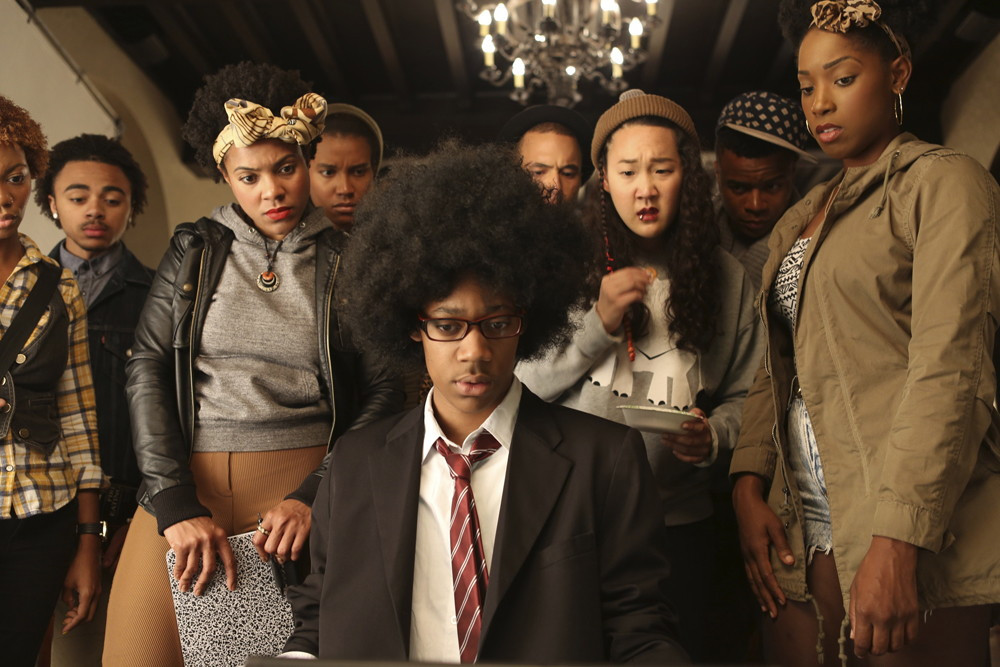Satirical Racism and Dialogue
Organizer of Dear White People screening hopes to address the elephant in the room
Alexa Potashnik, a 21-year-old, fourth-year human rights major at the University of Winnipeg, planned an event for Black History Month with the hopes of bringing thought and action to the debate on racism.
Her event (titled after the movie) will feature a screening of the film Dear White People followed by a discussion session hosted by Potashnik, a panel of two professors from the university and two public figures. There will also be a portion where the floor will be open to those in the audience who might want to contribute.
Potashnik hopes that the screening - happening Feb. 25 - will bring forth an openness for discussion regarding the issues the film addresses. “I want it to be an open dialogue where you leave your opinions at the door and get ready to learn and leave more enlightened,” Potashnik says.
Dear White People is a satirical film based on real life events that address stereotypes, race relations and racial identity in a fictional American campus. It’s an incisive film that’s won accolades of the 2014 Sundance Film Festival’s Special Jury Award for Breakthrough Talent and the NYT Critic’s Pick for its sharp wit and cutting humor.
“It’s so raw and real that almost every single aspect in the movie you can’t turn away from.”
Based on true stories, the characters and stereotypes that are portrayed convey a striking representation of the issues of racism that are still prevalent in campuses across America. “It’s amazing how all these (character) roles sync together and it’s really kind of a mirror image of society, like look at what we’ve created and look what we’re doing to people,” Potashnik explains.
She believes movies like Dear White People and open discussion panels are important in seeking out ways to remedy issues of racism.
“The more you talk about race I feel the more barriers you can break down. If you don’t talk about it there’s this elephant in the room. Dear White People really addresses the elephant in the room.”
Shauna MacKinnon, assistant professor of Urban and Inner City Studies at the U of W, believes in the importance of movies like Dear White People that address racism and racial stereotypes.
“Generally speaking, films and other means of exposing the continued existence of racism are important because they force us to look at our own attitudes, actions, and also inactions that make us complicit in the perpetuation of racism,” MacKinnon says.
“We’ve indeed made progress, but as we look around at the racism that continues to exist in our own backyard, we can see that we have a hell of a lot more work to do.”
For a moment, the movie leads into the question “Can there be…”, a question that seemingly reflects the stagnance that can come from not realizing the issues of racism and letting them set. The question shortly after fills in, revealing the real question of the movie, and a part of what Black History Month and Potashnik’s event seem to similarly ask, “Can there be harmony?”
That’s the question we want to engage with.
Published in Volume 69, Number 21 of The Uniter (February 18, 2015)







